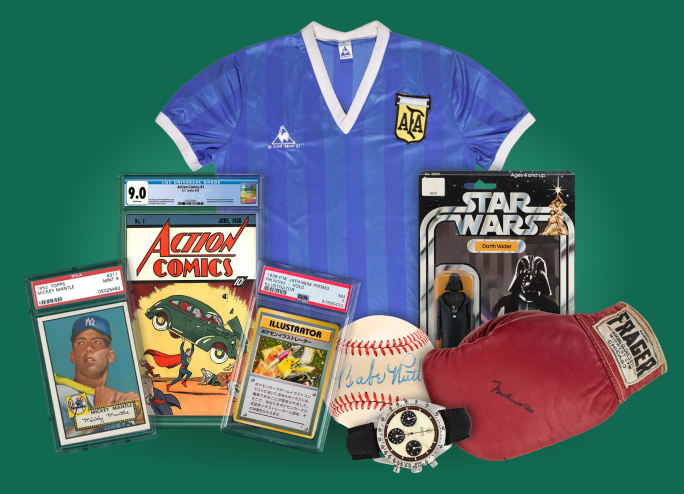
In Collectors MD
collectorsmd
Sep 21 2025
Daily Reflection: The Hobby & Gambling: What’s To Debate?
Published September 21, 2025 | By Bryan E, Collectors MD Community Member
Why is there still any debate as to whether or not aspects of the hobby constitute gambling?
Collectors MD often references “gambling-like mechanics” of breaking, repacks, and auctions. But let’s be clear—these aren’t “gambling-like”. These activities are straight up gambling.
My journey into this world has been as an outsider. I didn’t come to it out of curiosity or passion, but because someone I love was pulled in deeply. Immersing myself, I’ve been astonished at how this once-innocent pastime has mushroomed into a multi-billion-dollar cultural juggernaut.
Many parents and spouses are just as bewildered, wondering how a harmless childhood hobby could send someone into emotional or financial turmoil.
After all, those of us of a certain age remember a different reality. As kids, we’d ride our bikes to the corner store, spend a dime on gum and trading cards, and rush to see what players we got. If we came up with a duplicate, we’d trade with friends. If nobody wanted it, we might clip it to our bike spokes for that nostalgic clattering sound. Collecting was playful. Surprise was part of the fun—but money was not.
So when my son collected cards, toys, and sneakers, it seemed like a rite of passage. As his means grew, his collections matured—more sneakers, sports memorabilia, even modern and vintage watches. But trading cards were always a simmering passion.
Somewhere along the way, though, the hobby shifted. What changed? The answer is simple: everything.
From dime packs to digital breaks, the line between collecting and gambling has blurred—and the stakes have never been higher.
1970s: A single pack of Topps cost 10 cents, gum included.
1990s: The gum disappeared—cards themselves became the profit engine. Then came eBay and the rise of online auctions.
2000s–2020s: The internet scaled buying and selling into a global, 24/7 marketplace. Scarcity was manufactured, not discovered.
Corporate giants moved in, borrowing directly from the gambling playbook. Breaks, repacks, and live auctions became place-your-bet platforms. The mechanics are identical: you buy in, you spin the wheel, you hope for a hit.
The marketing speaks the same language—almost a direct copy and paste. Just look at how identical the pitches really are (all pulled from real, current promotions):
Casinos & Sportsbooks (with guardrails and regulation):
BetMGM: “Sign up today and we’ll match your first deposit up to $1,000, plus we’ll throw in a $25 bonus to get you started.”
DraftKings: “New users can bet $5 and instantly receive $200 in bonus bets, along with $200 off NFL Sunday Ticket.”
FanDuel: “Deposit at least $5, place your first wager, and if it wins, you’ll receive $300 in bonus bets within 72 hours.”
Hobby Platforms (with zero guardrails and zero regulation):
Fanatics Live: “Spend $25, Get $25 in 3 easy steps! ‘Instant Rips’ gives you real cards that are ready to flip the second you open them!”
Whatnot: “Join the fun of fast-paced auctions and giveaways. New users get $10 towards their first purchase!”
eBay: “Shop eBay Live and score a $100 coupon on your first break!”
The DNA of gambling has always been present in the hobby—the thrill of chance, the lure of surprise. What’s changed today is the sheer scale, the deliberate design, the predatory edge, and the money driving it all.
So let’s stop debating whether gambling is part of the hobby. At this point, that goes without saying. The better question is: since we know it’s there, what do we do with that truth?
#CollectorsMD
Acknowledging the inherent risks in modern collecting is the first step toward protecting the very people who love the hobby most.
—
Follow us on Instagram: @collectorsmd
Subscribe to our Newsletter & Support Group
Join The Conversation On Mantel
Read More Daily Reflections


